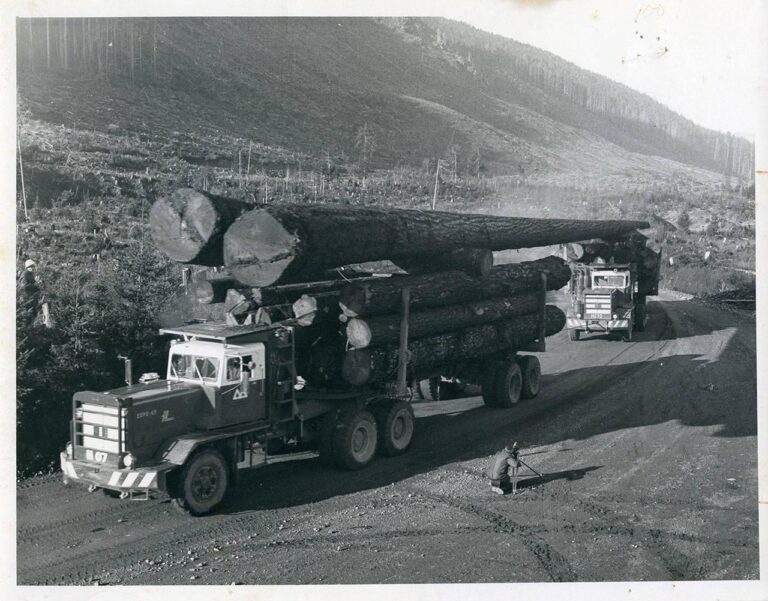How Historical Resource Extraction in Africa Fuels Modern Poverty
The extraction of natural resources in Africa has a long and troubled history. This historical exploitation has deeply impacted the continent’s socio-economic landscape. Many nations rich in resources like gold, diamonds, and oil have found themselves ensnared in cycles of poverty and conflict, largely due to the legacies of colonialism and mismanagement.
The Colonial Legacy of Resource Extraction
The colonial powers that extracted resources from Africa laid the groundwork for social and economic disparities. During the colonial period, vast wealth was funneled out of the continent with little regard for local communities. The extraction processes often involved brutal methods, leaving a legacy of exploitation that has continued to affect African nations today.
Modern Implications of Resource Control
Today, countries that are abundant in resources are frequently plagued by corruption and governance issues. The wealth generated from resource extraction often benefits a small elite rather than the general population. This misallocation of resources fosters poverty and inequality, preventing many citizens from accessing basic necessities such as education and healthcare.
Environmental Degradation and Its Impact on Poverty
Resource extraction has significant environmental consequences that further entrench poverty in affected regions. Mining and drilling activities can lead to soil degradation, deforestation, and water pollution. These environmental issues jeopardize agriculture, which is a primary livelihood for a large portion of the population, thereby exacerbating food insecurity and poverty levels.
The Role of Global Markets
The global demand for natural resources continues to fuel the cycle of poverty in Africa. Multinational corporations often exploit these resources, profiting immensely while contributing little to the local economies. The unequal power dynamics mean that African countries are often at the mercy of volatile global markets, making long-term economic planning challenging.
Toward Sustainable Solutions
Addressing the issues stemming from historical resource extraction requires a paradigm shift towards sustainable practices. Building strong governance frameworks and ensuring fair distribution of wealth can help mitigate the anguish of poverty. Initiatives such as those championed by groups like The Borgen Project emphasize the need for equitable resource management and advocacy for improved conditions for local communities.
Conclusion
Understanding how historical resource extraction fuels modern poverty is pivotal for fostering sustainable development in Africa. By confronting the remnants of exploitation and advocating for fair practices, the path towards alleviating poverty can be paved. Only then can African nations fully harness their resources for the benefit of all their citizens.

